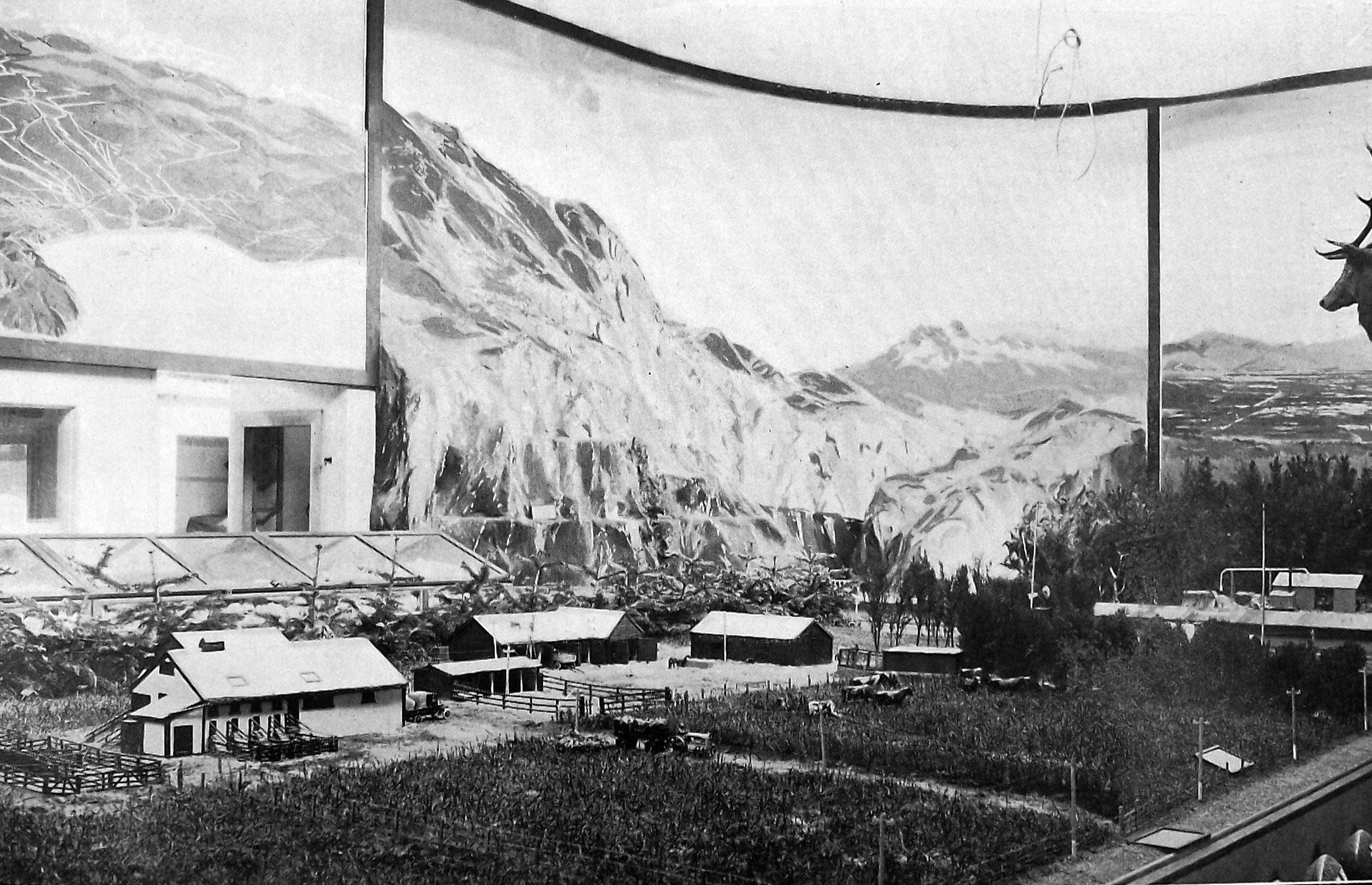

Believing the impossible
Visiting New Zealand, the land of his birth, Sir Ernest Rutherford, a Cambridge professor of widespread fame, will tell us about his specialty, the anatomy of the atom. Already he has been asked whether the atom really exists. Intelligent people have doubts. And with some show of reason, since the atom, infinitesimally small, is something which no man hath seen or can see. Yet we are told of its internal economy, that it is a kind of solar system — a central nucleus round which revolve planetary electrons.
Sir Oliver Lodge talks of "atomic astronomy." To Sir Oliver and Sir Ernest, who are both in a tale, I humble my intelligence, and say with one of the early Christian Fathers, "Credo quia impossibile est." — by ‘Civis’
Otago Harbour wish list
At a meeting of the Harbour Board last night proposals in regard to the improvement of the harbour entrance and for bringing the port up-to-date in regard to facilities generally were discussed.
The Chairman said the cost of the necessary works were as follows: Mole at the entrance, £110,000; a dredge, say £100,000; a railway connection with the Victoria wharf, £7000; harbour board free store, £20,000; renewing the Birch street wharf, £30,000; the extension of the Victoria wharf towards Ravensbourne and the necessary dredging, £30,000; a new shed on the Rattray street wharf, £16,000. That made a total of £313,000.
It seemed that the board would have to borrow at least £300.000.
Introduce technology to voting
There is bound to be a good deal of public impatience over the delays which under our present electoral system seem necessarily to occur in the announcement of the completed returns of the polling. At the present time the results of at least two contests for the election of members of Parliament hang in the balance.
It is not certain, either, that other results, as provisionally known, may not be affected when the votes that have not yet been counted are included in the reckoning. Necessarily every safeguard must be observed, not only to prevent any violation of the secrecy of the ballot, but also to obviate the acceptance of votes that must from any reason be rejected as invalid.
Subject, however, to an official scrutiny of the absent voters’ permits when they are received by mail, there should be no insuperable objection to a collection of the votes by telegraph, the effect of which would be that, wherever the votes were recorded, the numbers recorded in favour of the candidates might be approximately announced as soon as the returning officer’s recount has been completed. — editorial — ODT, 7.11.1925
Compiled by Peter Dowden














